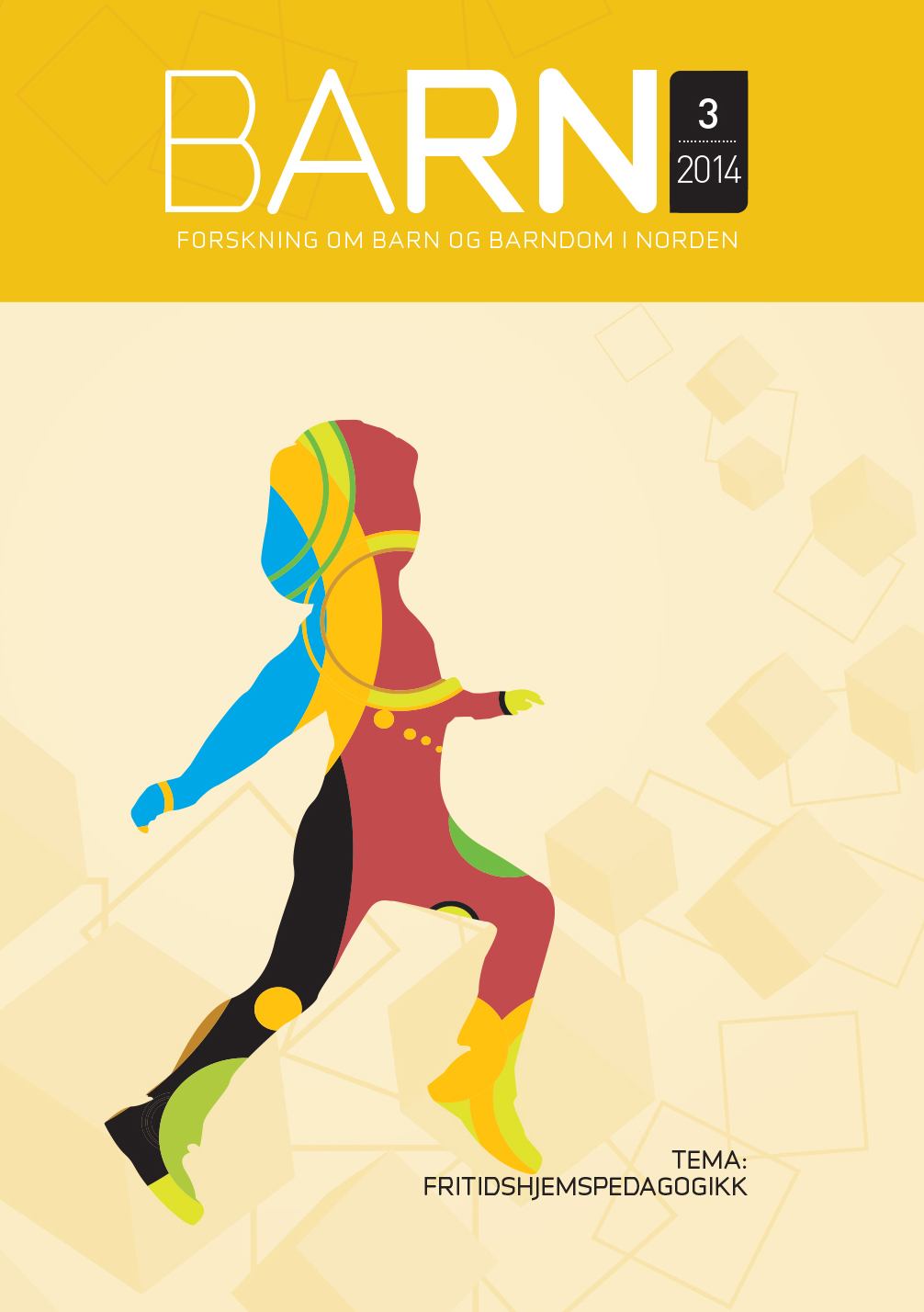The professional identity of recreation personnel
Abstract
The European qualifications and training of personnel in after-school programs for young school children vary (EFILWC 2006). Iceland mandates no specific requirements other than having some experience with children and having no criminal record. The main aim of this article is to understand how
recreation personnel perceive their professional identity and location in the educational sector. Qualitative data from two after-school centres was analysed using the model of social ecology of identity
(Wenger 1998). The main findings indicated that the personnel considered it their role to provide physical
and emotional care; to support social development of children and provide opportunities for informal
learning. Nevertheless, the majority of the personnel held unclear professional identities, and did not
perceive themselves as active participants within the educational system. I argue that an alternative
pedagogical approach is needed that sees recreation personnel as active participants and members of
a shared educational practice within schools.


